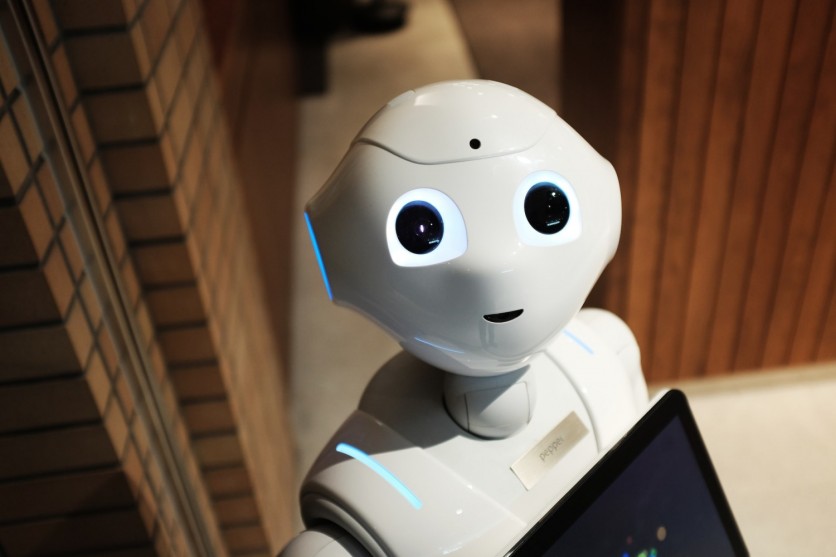
One of the most exciting developments in modern technology is the subject of artificial intelligence (AI). It has enormous potential to change how people use technology and has far-reaching effects. Artificial intelligence (AI) has already started to impact lives in unimaginable ways only a few years ago, from offering more accurate data insights to helping people make wiser choices more quickly. Now that AI learns coding, the transformation is expected to exceed what was ideally thought possible. The newfound code-writing capabilities of AI have not only caused a sensation but also provided fertile ground for the development of programs authored entirely by AI.
Understanding Artificial Intelligence
Artificial Intelligence (AI) is a branch of computer science that focuses on creating intelligent machines that can think and act like humans. In artificial intelligence (AI), the underlying premise is that human intellect can be described so that a computer can duplicate it and carry out tasks ranging from the simplest to the most complicated. Natural language processing (NLP), machine learning (ML), deep learning (DL), robotics (robotics) and computer vision (CV) are just a few of the technologies that AI systems use to do this.
NLP enables machines to understand human language by analyzing text or speech input. Machine learning algorithms enable automated systems to acquire new skills and knowledge via observation and experience rather than manual instruction. For computers to learn to make judgments and predictions with little human input, DL algorithms let them sift through massive volumes of data. Robotics enables robots to interact physically with their surroundings, whereas computer vision helps them to distinguish things in still photos or moving movies. These technologies allow AI systems to recognize images, comprehend natural language, make decisions, solve problems and much more.
The impact of AI on automation and productivity
As a result of AI's increasing sophistication, automation and output have significantly benefited. Automation powered by AI has the potential to enhance productivity and save costs. Data input, answering customer support questions and other repetitive duties may all be automated with the help of AI. It allows employees to devote their time and effort to the more sophisticated jobs that need human intellect. The real-time insights into operations made possible by AI-driven automation also aid firms in making better choices more quickly. Artificial intelligence (AI) may swiftly examine massive data sets in search of trends or patterns that inform better decision-making. As a bonus, AI may automate factories' production processes, leading to greater efficiency with less input. Companies that harness AI's potential for automation and productivity in today's fast-paced market have a far better chance of surviving.
The role of AI in business
The advent of AI has altered the structure of businesses and the way they engage with their clientele. Automating tasks, better-serving customers and maximizing productivity are all possible thanks to artificial intelligence (AI)-powered technologies like machine learning, natural language processing and computer vision. Artificial intelligence (AI) may be used to evaluate client data to learn more about their wants and requirements. It paves the way for more personalized goods and services from corporations. Companies may utilize AI for predictive analytics to look ahead and make better choices based on what they see in the market. The exciting transformation of the corporate sector will continue as AI develops and becomes more sophisticated.
The potential of AI in medical treatment
Though still in its infancy stage, the revolutionary promise of artificial intelligence (AI) in healthcare lies in its ability to enhance patient outcomes and lower overall costs. Artificial intelligence (AI) may be used to evaluate massive volumes of data rapidly and precisely, empowering medical professionals to provide better care. Appointment scheduling and test orders are just two examples of routine operations that may be automated with AI, freeing up valuable time for medical staff to concentrate on more complex matters. In addition, AI may spot trends in patient records that would otherwise go unnoticed, allowing for earlier diagnosis and improved treatment. Last but not least, AI may be utilized to tailor treatments to each particular patient.
The ethics behind artificial intelligence
Protecting individuals' personal information is a primary AI-related ethical concern. More advanced AI systems will access people's private information, which might be misused or sold for profit. As a developer, you are responsible for ensuring your system is secure and has solid data security safeguards in place for the safety of your users. Furthermore, customers should be aware of the data use plans and be allowed to decline participation.
Transparency and fairness are also crucial ethical considerations when it comes to AI. It may be challenging for humans to comprehend the inner workings of more sophisticated AI systems and the reasoning behind their actions. Unfair results and a loss of faith in the system might result from a lack of openness. Developers may help alleviate this problem by making it easier to understand how their algorithms made certain conclusions and by making audit logs available to end users.
Potential risks associated with over-reliance on artificial intelligence
There are a variety of dangers that arise from putting too much faith in AI systems. The fact that AI systems are only as good as the data they are trained on is a significant threat since the system's choices may be erroneous if the data used to prepare the plan is biased or incomplete. Cyberattacks on AI systems are a genuine concern since they might allow hackers to steal private data or even tamper with the results. Last but not least, if people put too much faith in AI systems, they risk losing some measure of human control. It could cause ethical problems like bias in the algorithms that lead to discrimination or unjust treatment.
In summary, AI might change the world in ways people have not considered or imagined. Its exceptional strength and skills may aid in resolving complex challenges and making lives simpler for people worldwide.
ⓒ 2025 TECHTIMES.com All rights reserved. Do not reproduce without permission.




